

Hidden in upstate New York are the remains of the Oneida Community, an attempted utopia founded by John Humphrey Noyes in 1848. Throughout the three decades the community existed in practice, more than 200 members lived together, sharing all aspects of their lives. Following their disbandment, they continued their legacy with the Oneida Limited silverware brand.
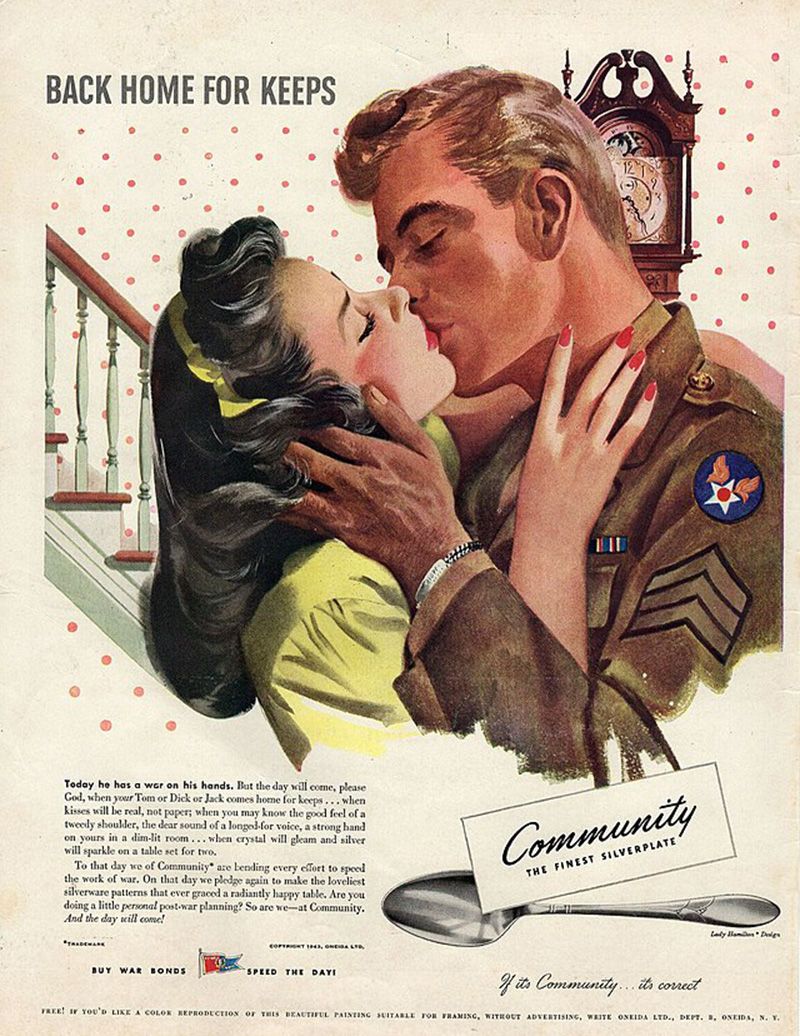
In an interview with Untapped New York, Ellen Wayland Smith, an associate professor of writing at USC, provided most of the information within this article. With Noyes as her great great great uncle, she grew up within the remains of the Oneida Community, traveling between Pennsylvania and the Oneida Mansion throughout her childhood. The mansion house today remains as an apartment complex and museum.
It was Smith’s great great grandfather, Charles Craigan, who inspired the silverware company within the Oneida Community, Oneida Limited. Profits from the silverware company allowed the community to sustain themselves. The affordable stainless steel silverware they created was rare throughout the country. As a result, their profits steadily rose.
In the present day, cheap silverware is readily available. As a result, Oneida Limited went bankrupt in 2006 and was sold to a multinational company. It remains today as the company Oneida, a silverware company that claims to aim for perfection like the community that created it. The proximity to the Erie Canal allowed for easy shipping practices.
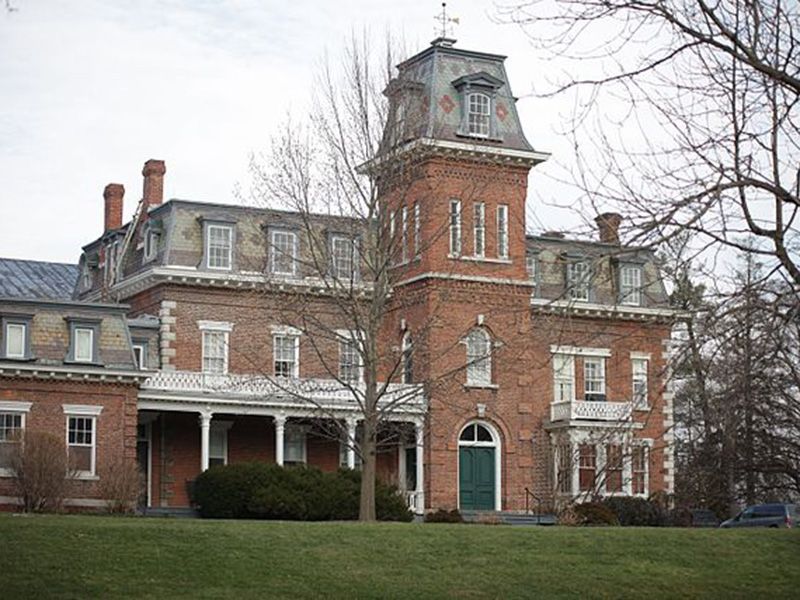
However, the Oneida Community had roots in entrepreneurship long before they created silverware. When Noyes created the community, members spun silk, made thread, canned fruits and vegetables, and made animal traps. Lead by Noyes, they aimed for perfection, an idea Noyes became obsessed with while studying at the Theological Seminary at Yale.
Studying during the Second Great Awakening, a period characterized by an emphasis on creating a personal connection with God, Noyes was surrounded by a culture of religious questioning. However, he decided to take this questioning a step further by suggesting that the second coming had already arrived with the destruction of the Temple of Jerusalem in 70 AD. Since God’s kingdom had already arrived on earth in his eyes, he saw it necessary to create a space where his followers could live in paradise. Rather than waiting for perfection, he saw it as his duty to create his own perfection by ridding humans, most importantly, of their selfishness.
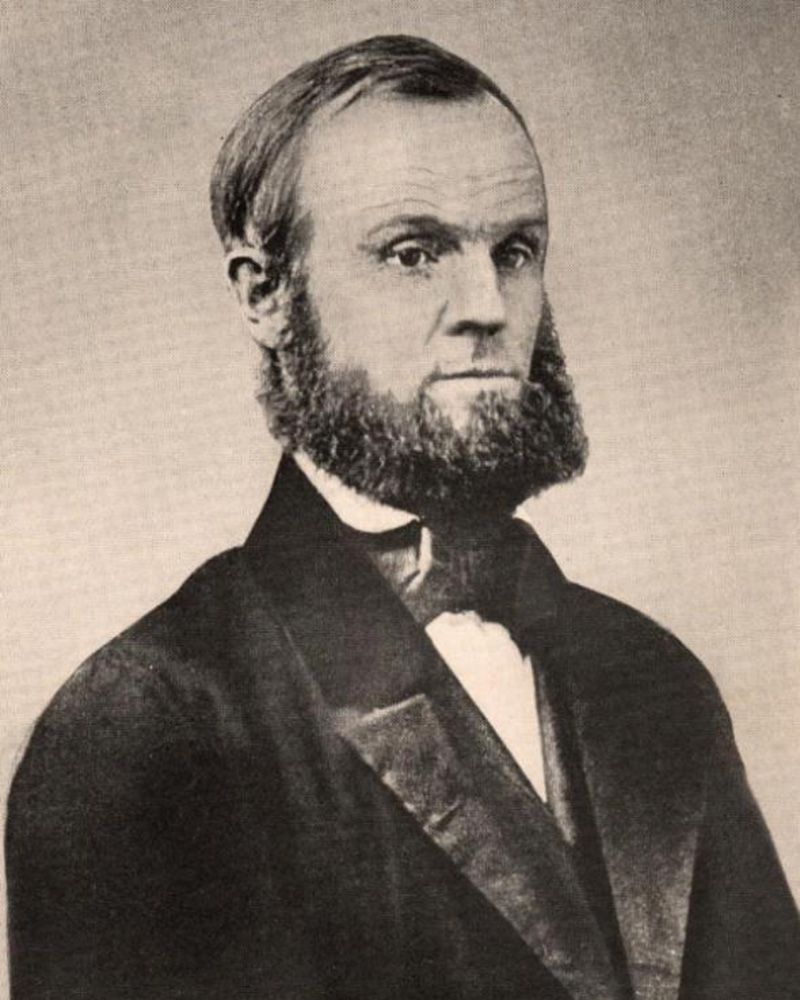
One of the most important ways to rid oneself of selfishness was to live in a society that was perfectly equitable and harmonious. In this community that would later be called Oneida, everyone was married to everyone and children belonged to the community. From the outside, this appeared as free love. However, countless restrictions made it anything but free.
Mutual criticism, a process where community members stood in front of the entire group to receive critiques about their character, was a common practice at Oneida. It was in standing in front of everyone one loved and hearing all of one’s flaws, that Noyes believed his community could reach perfection.
However, flaws still occurred. Sticky relationships, one such flaw, happened when a man and woman developed intense romantic feelings for each other. This “sticky love” detracted from the equality within the community. As a result, the community banned the lovers from seeing and talking to each other. The same restrictions applied to parents who showed excessive amounts of love for their children,
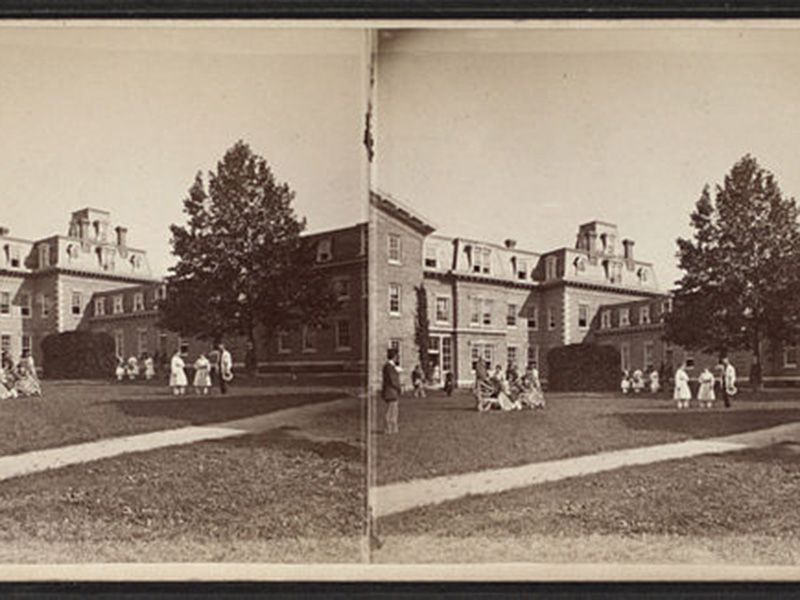
When all went right, however, men would approach women they wanted to sleep with in an “interview.” During these interviews, women could choose whether to engage sexually with the man or deny him. However, they were expected to say yes because personal distaste was a selfish act.
With such radical community practices, the Oneida Community Mansion needed to encourage inhabitants to practice community guidelines. Every member of the community slept in small rooms alone, while expansive, welcoming spaces encouraged large gatherings. The rooms where intercourse occurred were small and uncomfortable to discourage sticky love. This contrasted the beautiful library and large dining hall that were full of life.
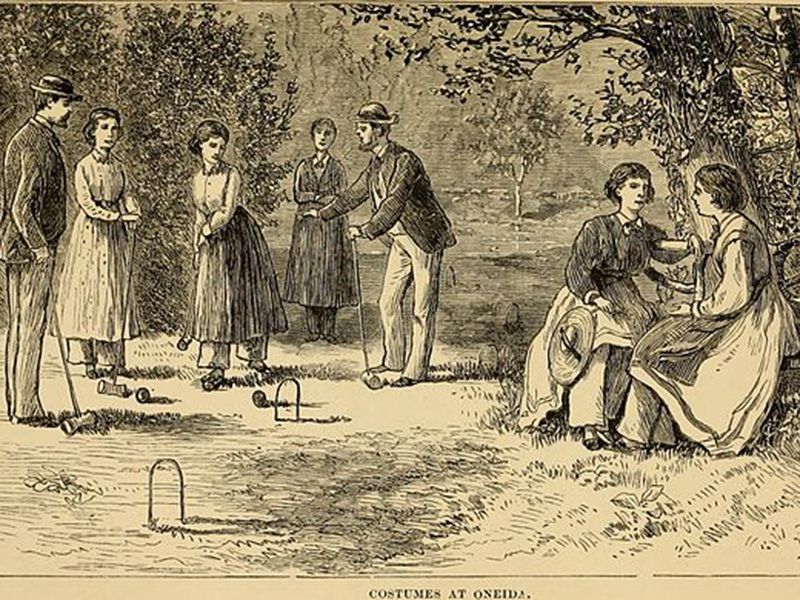
With an atmosphere that encouraged a shared community, Oneida grew and eventually explored eugenics. They aimed to create a community of perfectly spiritual humans. Couples who wanted to consummate a child could appear in front of a committee to demonstrate why they would create an ideal child. Although the committee denied some couples, they approved most. The committee also proposed ideal pairs who were expected to create a child. Noyes wanted to conceive with his sisters to create a child with perfect spiritual blood. However, this never occurred.
Due to an Oneida practice called coitus reservatus, when a man avoids ejaculation during intercourse, pregnancies rarely, if ever, occurred unplanned. In addition, the Oneida Community trained virgins. Noyes himself initiated young women into the sexual world following their first menstual cycle. Similarly, young boys practiced coitus reservatus with women in menopause. These outdated, controversial practices allowed for the balance Noyes wanted in the community.
Although they strove for perfection, the Oneida Community did not survive the 19th century. Today, their legacy lives on in the Oneida Community Mansion House where guests can stay overnight and visit the museum. A few descendants of the original community still live within the mansion. Deceased members of the community are buried in the Oneida Community Cemetery, which is located near the mansion. As for their business practices, those live on in the Oneida brand of silverware.
With a desire for the greater good for the community, those who worked for Oneida aimed for success and perfection. Communities like theirs are no longer possible or legal today, but their ideas can be studied for their uniqueness. Noyes lives on as a controversial, but influential figure in the realms of religion and history.
Next, check out Levittown, a neighborhood that initially seemed like a utopia!

